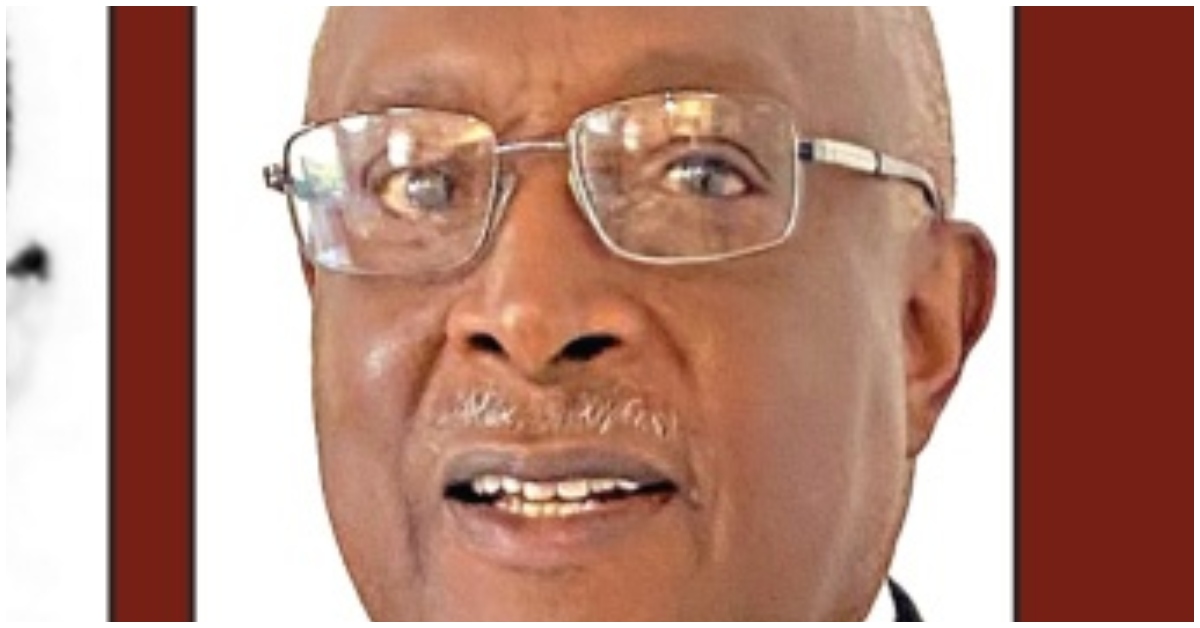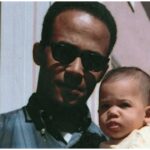Trailblazer’s Legacy Celebrated at Mississippi State University
In a prestigious event, Mississippi State University (MSU) paid tribute to John L. Barnes, the institution’s first Black graduate.
The Dr. Richard Holmes-John Barnes Brunch, held on February 17, 2024, honored Barnes and Dr. Richard Holmes, the first African American student to enroll at MSU in 1965.
Significantly, Barnes was the pioneer who paved the way, becoming the first Black student to graduate from the university on June 2, 1968.
A Local Hero’s Journey
Born and raised in Tallahatchie County, Mississippi, Barnes hails from humble beginnings. He grew up just 10 miles north of Charleston, attending Sherman Creek Elementary School. s
Subsequently, Barnes excelled as the valedictorian of his 1964 graduating class at Allen-Carver High School, which operated on the campus of the present-day Charleston Middle School. After a brief stint teaching at Allen-Carver, Barnes embarked on a corporate career in the New York City area, where he currently resides.
“Although he lives about 1,000 miles away, Barnes said he still considers himself ‘100% a local product’ of Charleston and Tallahatchie County.”
Preserving a Legacy of Resilience
The Society of African American Studies at MSU organized the event as part of the university’s Black Alumni Weekend 2024. Moreover, the brunch introduced the “Ring Your Bell and Tell Your Tale” program, a collaborative effort aimed at recording and sharing the history of MSU’s Black pioneers from 1965 to 1975.
Partnering entities include Mississippi State University Libraries, Archives and Special Collections, Alumni Affairs, The Society of African American Studies, Access, Opportunity, and Success, University Television Center, and the Office of Public Affairs.
Notably, Barnes’ brother, Aaron, was the third Black student to graduate from MSU, further solidifying the family’s legacy in the institution’s history.





